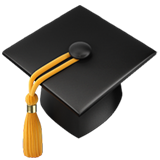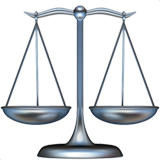research topics

We carry out each of our missions with a spirit of research. Lovers of art history and ideas, we study contemporary developments in the production of forms and thoughts. To do this, we feed on the thoughts of experts and have set up a cultural news watch. We read, listen, observe, write. All this allows us to be authors and not only witnesses of cultural life. Our favorite subjects are: the art-architecture link, the moving image, digital art, flowers, the landscape, the participative fact, new media, new places of life and culture, urban planning, etc The scope of our research subjects is constantly evolving through the projects entrusted to us.
teaching

Depuis 2017, Bérangère Armand enseigne à Université de Nice Sophia Antipolis au sein de l'IAE (Institut d’Administration des Entreprises) pour le Master 2 Management de projets culturels. Après une année d’enseignement de 'Business model & creativity' (basée sur l’ouvrage The Case for creativity de James Hurman), elle se consacre au cours de Sociologie de la culture et des publics pour la troisième année consécutive (2018, 2019 et 2020). In 2022, she is invited to lecture at the EAC in Paris and Lyon.
Lectures

Bérangère Armand participates in numerous conferences in France and in Europe. This research mediation exercise of we want art everywhere is valuable, allowing us to openly formulate the progress of our research, to share our activities or the details of our modus operandi. It is also a great pleasure for us to exchange and meet audiences. La Friche Belle de Mai, FRAC PACA, Villa Arson, Maximiliansforum (Munich, Germany), By Prinzip (Munich, Germany), Villa Massimo (Rome, Italy, German Academy), Biennale di Venezia and Center Pompidou are so many places where we were able to share our ideas.
jurys

we want art everywhere intervenes in different ways in the juries, as a simple member in its capacity as an expert, or upstream, from the design of the competition. So, we write the call for projects and the specifications listening to the various stakeholders (architects, users, landscapers, promoters, public bodies, etc.). We then offer different types of organization: restricted calls or open calls. We then coordinate the follow-up of the applications and the analysis of the proposals in collaboration with experts in preventive conservation who validate the production methods and propose maintenance protocols.